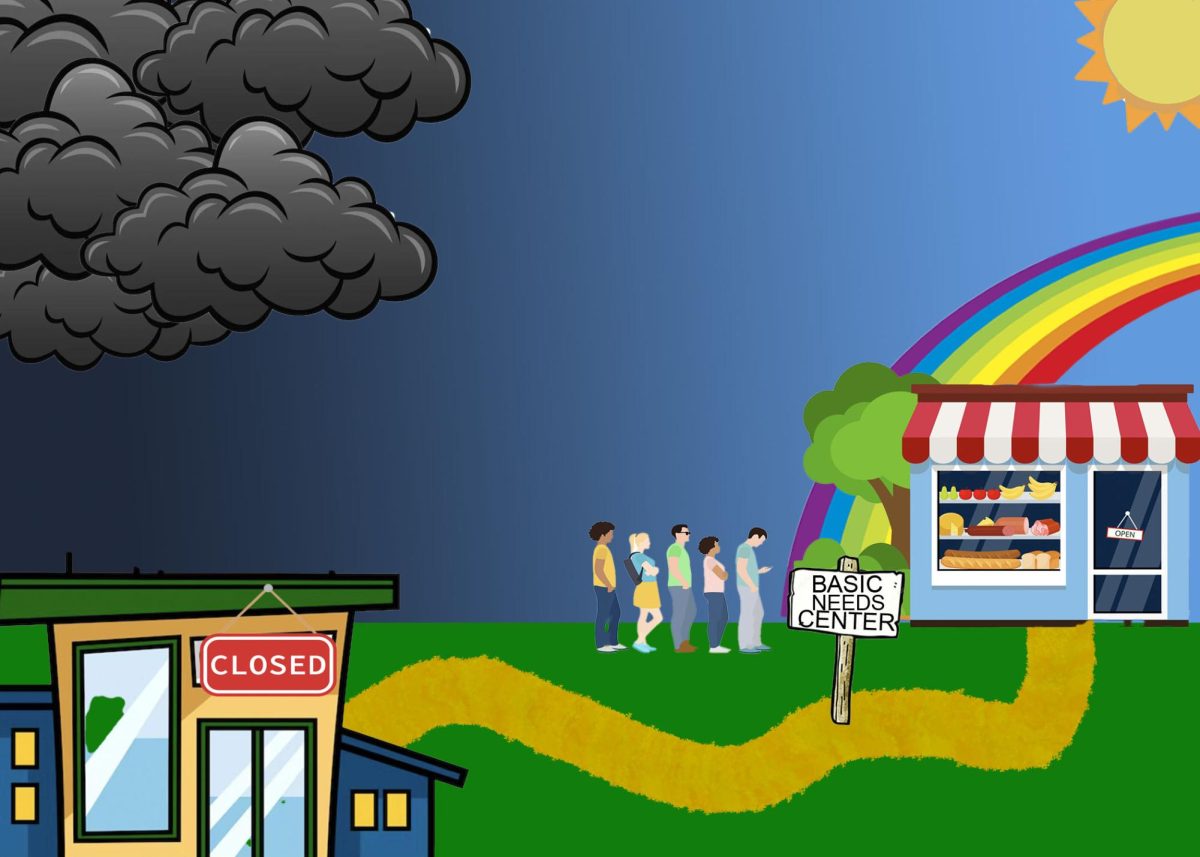Shooting another human being is not an easy thing to do.
With all the buzz around arming teachers, this seems to be a point that has gone by the wayside. There has been a lot of talk on whether we should equip educators with lethal force, but very little about the potential ramifications of having anyone, teacher or otherwise, in a situation where they are forced to take a life.
There is a line from Les Miserables that reads, “Every blade has two edges; he who wounds with one, wounds himself with the other”
Psychological trauma is one of the largest side effects of any armed conflict, and we need look no further than our military for evidence to back that up. It has been estimated that nearly 85% of trained soldiers in both world wars didn’t fire directly at the enemy, but instead fired well over the heads of attackers.
This behavior is called “posturing,” and it is observable in most animals as well as humans. The theory is, we are naturally inclined to try and frighten off a predator or attacker with a display of force, rather than instinctively shoot to kill. Yet despite this behavior, untreated PTSD runs rampant in our armed forces.
Even most police officers will never fire their gun in the line of duty, and these are trained professionals who have gone through extensive training and put their lives on the line every day. How could we possibly expect the same standard of protection from our teachers, and not consider the psychological issues to follow?
According to the World Health Organization, more than 20% of Americans will experience diagnosable psychological issues. This figure doesn’t take into account those people who do not show enough symptoms to be fully diagnosed, or those who do not seek treatment. A large percentage of those people won’t even know there is anything wrong until a traumatic event triggers their symptoms.
The issue lies in how a certain group of people react to this information. President Trump for example, took to Twitter in the wake of the Parkland shooting to address the mental health of the man responsible.
“So many signs that the Florida shooter was mentally disturbed, even expelled from school for bad and erratic behavior,” He tweeted. “Neighbors and classmates knew he was a big problem. Must always report such instances to authorities, again and again!”
A huge part of the discussion on gun laws is about identifying at-risk citizens who may be affected by a psychological disorder, and then preventing them from having access to a firearm. However, punishing those who show signs of mental illnesses, particularly children who have not committed a crime, is not an appropriate response.
We need to show understanding, so that a child who is angry or hurt will feel comfortable coming forward to talk about it. If the example we set is one of punishment or ostracization, we are doomed to fail before we even begin.
Additionally, the mental complications we need to be aware of reach much further than observable cases that can be treated with medication. Even small things such as lingering stress and depression, which affect Americans in higher numbers than almost anywhere in the world, are things that when left unaddressed can snowball into something more serious.
Working in our educational systems is a stressful job, there’s no doubt about that. But, it’s also a rewarding one, and we think that isn’t something anyone should be able to take away from teachers. We need to be focusing on student outreach, and making everyone feel welcomed and accepted on school and college campuses.
Too many people are living in a culture of fear, for a variety of reasons. If we can first understand that feeling comfortable enough to talk about our problems is the first step to solving them, maybe we can help alleviate the desire for guns across the board.



















